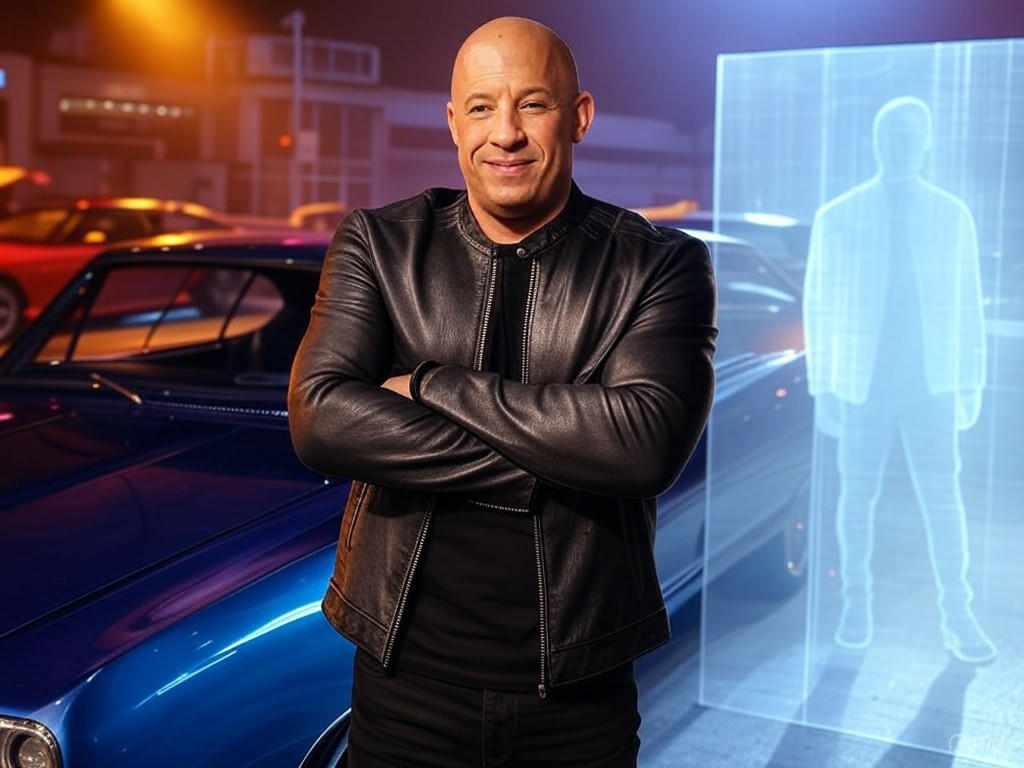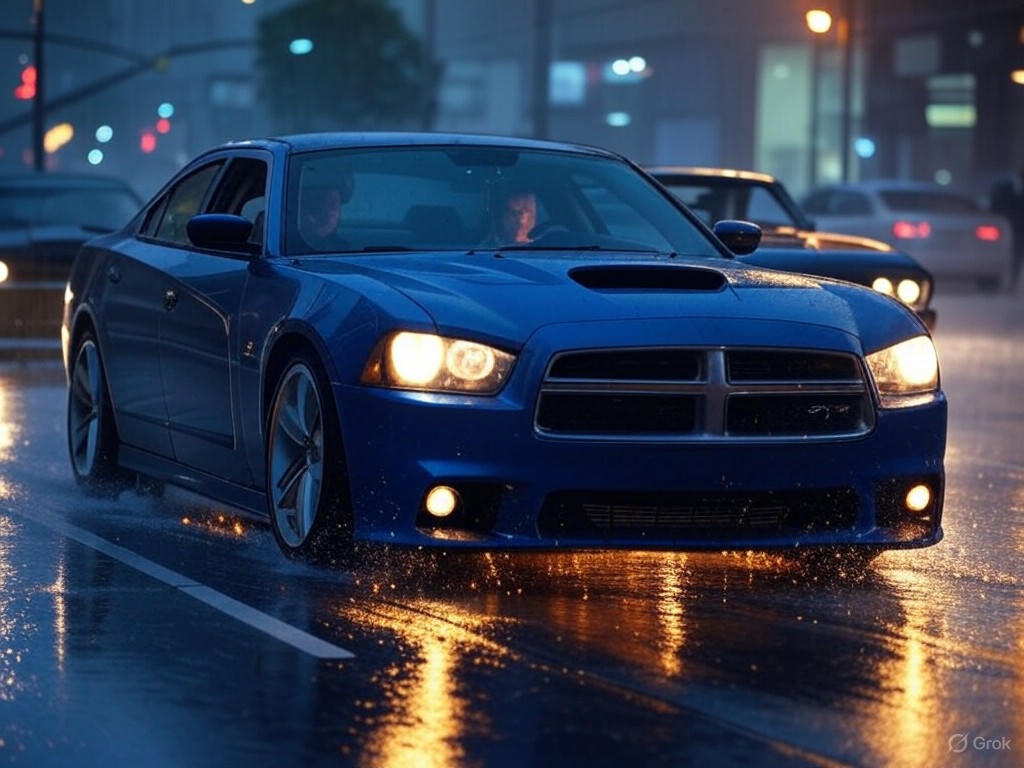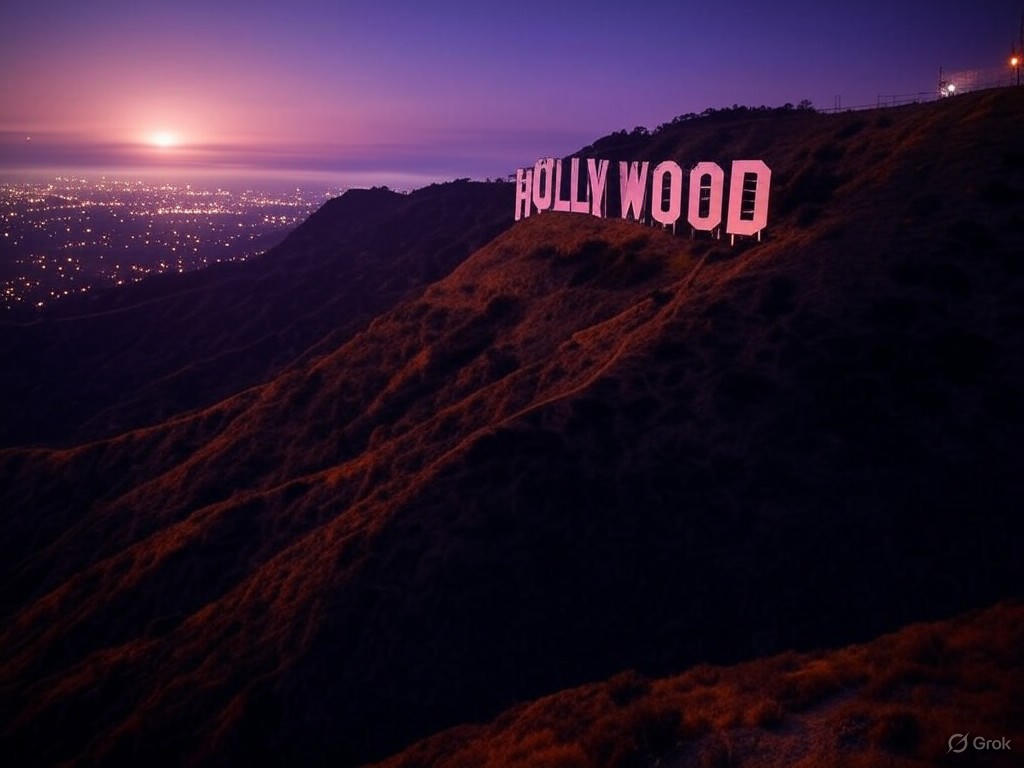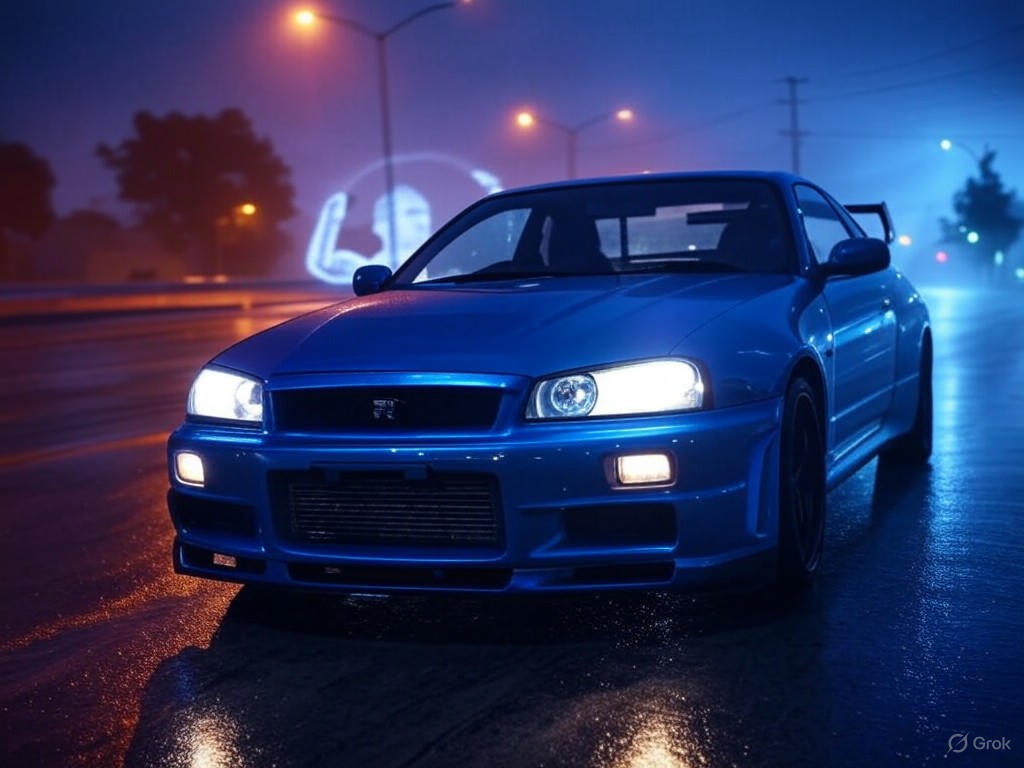Fast and Furious Finale: Paul Walker’s Character Returns?
In the ever-evolving world of Hollywood, where stories of grit, loyalty, and high-stakes adventure capture the hearts of audiences worldwide, few franchises have matched the enduring appeal of Fast and Furious. Recently, actor Vin Diesel teased the return of his late co-star Paul Walker's character in the series' finale, slated for 2027, igniting a wave of fan excitement that underscores the timeless power of cinematic storytelling The Hollywood Reporter. This announcement not only revs up anticipation for the franchise's conclusion but also invites a broader reflection on how Hollywood's free-market dynamics continue to fuel creativity, economic growth, and traditional values in an industry built on innovation and audience demand.
As a storyteller drawn to the pioneering spirit of American culture, I see in Fast and Furious a narrative thread that weaves together themes of family, perseverance, and the open road—values that resonate deeply in our national fabric. Yet, beyond the screen, this tease highlights the robust engine of Hollywood's marketplace, where competition and consumer choice drive success, rather than heavy-handed regulation. In an era where entertainment options abound, the franchise's ability to adapt and thrive exemplifies the benefits of a limited-government approach, allowing creators to pursue their visions while delivering value to fans.
The Heart of the Franchise: A Tale of Loyalty and Legacy
At its core, Fast and Furious is more than a series of action-packed films; it's a saga of ordinary people rising through determination and camaraderie. Launched in 2001 with its street-racing roots, the franchise has evolved into a global phenomenon, grossing over $7 billion worldwide across 11 films Box Office Mojo via IMDb. Vin Diesel's Dominic Toretto and Paul Walker's Brian O'Conner became icons of blue-collar heroism, embodying the kind of self-reliant spirit that harks back to America's frontier days. Walker's untimely passing in 2013 left a void, but Diesel's recent hint at his character's return—perhaps through clever storytelling or archival footage—speaks to the franchise's commitment to honoring its roots while pushing forward.
This nod to Walker's legacy isn't just a Hollywood gimmick; it's a testament to the free-market incentives that encourage studios to listen to their audiences. Fans have long clamored for closure on O'Conner's arc, and Diesel's tease, shared via social media, reflects how digital platforms amplify direct creator-fan interactions, fostering a sense of community without the need for bureaucratic oversight Variety. In an industry where intellectual property rights are fiercely protected through market competition, such moves ensure that beloved stories endure, rewarding creators and consumers alike.

Vin Diesel shares a cryptic social media post hinting at Paul Walker's character comeback, stirring nostalgia and excitement among fans worldwide.
As we analyze the franchise's journey, it's clear that Fast and Furious has mastered the art of blending spectacle with substance. Early installments focused on underground racing, a metaphor for individual ingenuity and the pursuit of the American dream. Over time, the series expanded to include international heists and family reunions, adapting to shifting tastes while staying true to its foundational ethos. This evolution mirrors Hollywood's broader success: a $100 billion-plus industry that thrives on private investment and risk-taking, as noted in economic analyses of entertainment conglomerates The Wall Street Journal. Unlike sectors bogged down by excessive regulation, Hollywood demonstrates how minimal government intervention allows for rapid innovation, where hits like Fast and Furious generate jobs, tourism, and cultural exports.
Hollywood's Free-Market Drive: Balancing Innovation and Tradition
The excitement surrounding the 2027 finale raises important questions about Hollywood's role in society. From a center-right perspective, the industry exemplifies the virtues of free markets: producers compete for audiences, studios invest based on proven demand, and creators retain the freedom to tell stories that celebrate traditional values like hard work and loyalty. Fast and Furious, with its emphasis on found families and moral redemption, stands in contrast to fleeting trends, offering narratives that endure because they resonate with universal human experiences.
Yet, this success isn't without challenges. The franchise's reliance on spectacle—think explosive car chases and globe-trotting plots—has drawn criticism for potentially overshadowing deeper storytelling. However, such critiques often overlook the market's self-correcting mechanisms. Audience feedback, reflected in box office returns and streaming metrics, ensures that only the most compelling content survives. For instance, the series' pivot to family-oriented themes in later films was a direct response to fan preferences, demonstrating how consumer choice, rather than top-down mandates, guides the industry Deadline Hollywood.
Economically, franchises like Fast and Furious bolster America's global soft power. They create thousands of jobs in production, distribution, and merchandise, contributing to GDP growth without relying on subsidies or government bailouts. A 2022 study highlighted how such blockbusters generate multiplier effects, with every dollar invested yielding returns through tourism and related industries The Wall Street Journal. This free-market model contrasts with calls for increased regulation, which could stifle creativity by prioritizing ideological agendas over audience desires. Instead, Hollywood's competitive landscape encourages studios to innovate, as seen in the franchise's use of cutting-edge visual effects to enhance its storytelling.

An adrenaline-fueled car chase from the Fast and Furious series, capturing the franchise's signature blend of high-speed action and heartfelt drama.
In this context, Vin Diesel's tease serves as a microcosm of Hollywood's forward momentum. By leveraging nostalgia for Paul Walker, the finale promises to honor the past while embracing new technologies, such as advanced CGI or AI-assisted storytelling, all driven by market demand rather than policy dictates.
Looking Ahead: The Road to 2027 and Beyond
As we approach the Fast and Furious finale in 2027, it's worth celebrating the franchise's role in upholding traditional values amid a rapidly changing entertainment landscape. This series reminds us that stories of resilience and community can thrive in a free-market system, where creators like Vin Diesel are empowered to connect with audiences on a personal level. Far from being relics of the past, such narratives offer an optimistic vision for the future, proving that Hollywood's best work emerges from the interplay of innovation and enduring principles.
Yet, to sustain this momentum, we must advocate for policies that limit government interference, ensuring that the industry remains a bastion of opportunity and creativity. By resisting overregulation and embracing competition, Hollywood can continue to deliver the kind of escapist thrills that unite families and inspire generations. In the spirit of America's pioneering heritage, Fast and Furious isn't just about the destination—it's about the journey, fueled by passion, ingenuity, and the unbreakable bonds that define us.

The iconic Hollywood sign at dusk, symbolizing the industry's resilient spirit and its role as a global storyteller in a free-market era.
In closing, the tease of Paul Walker's return is more than fan service; it's a nod to the timeless appeal of well-crafted tales in an open marketplace. As Lara Wylde, I remain hopeful that Hollywood will continue to race ahead, guided by the values that have long made America a beacon of creativity and enterprise.

